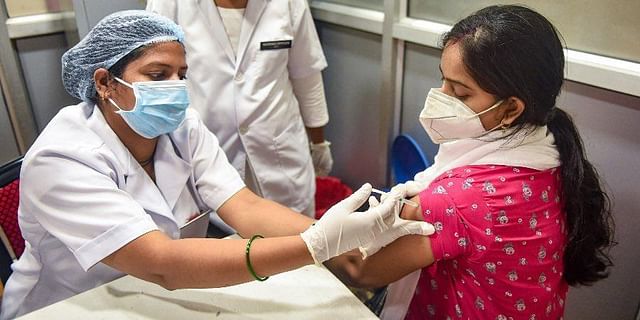
“We have often said as long as vaccine inequity persists, the more opportunity the virus has to spread and mutate in ways no one can prevent or predict. And so, we have Omicron,” he noted.
So, this is not just about Covid-19. There will always be more disease outbreaks and epidemics. That’s why the local production of vaccines is so critical, Tedros pointed out.
According to him, more than 80% of the world’s COVID-19 vaccines have gone to the developed and emerging economies (G20), low-income countries, most of them in Africa, have received just 0.6% of all vaccines. More than 100 countries still have not reached the 40% target, and more than half of those, mostly in Africa, are at risk of missing it by the end of the year, mainly because they cannot access the vaccines they need,
“Even before the Covid -19 pandemic, we knew that strengthening local production in Africa would be an essential part of our continent’s journey towards universal health coverage, he said and added that, “WHO has established a vaccine industry talent development program, in partnership with MasterCard Foundation, with focus on Africa.”
“A month ago the Africa Medicines Agency treaty entered into force, paving the way to improve the quality, safety, efficacy, availability, and affordability of medicines and vaccines across the continent,” Tedros noted.